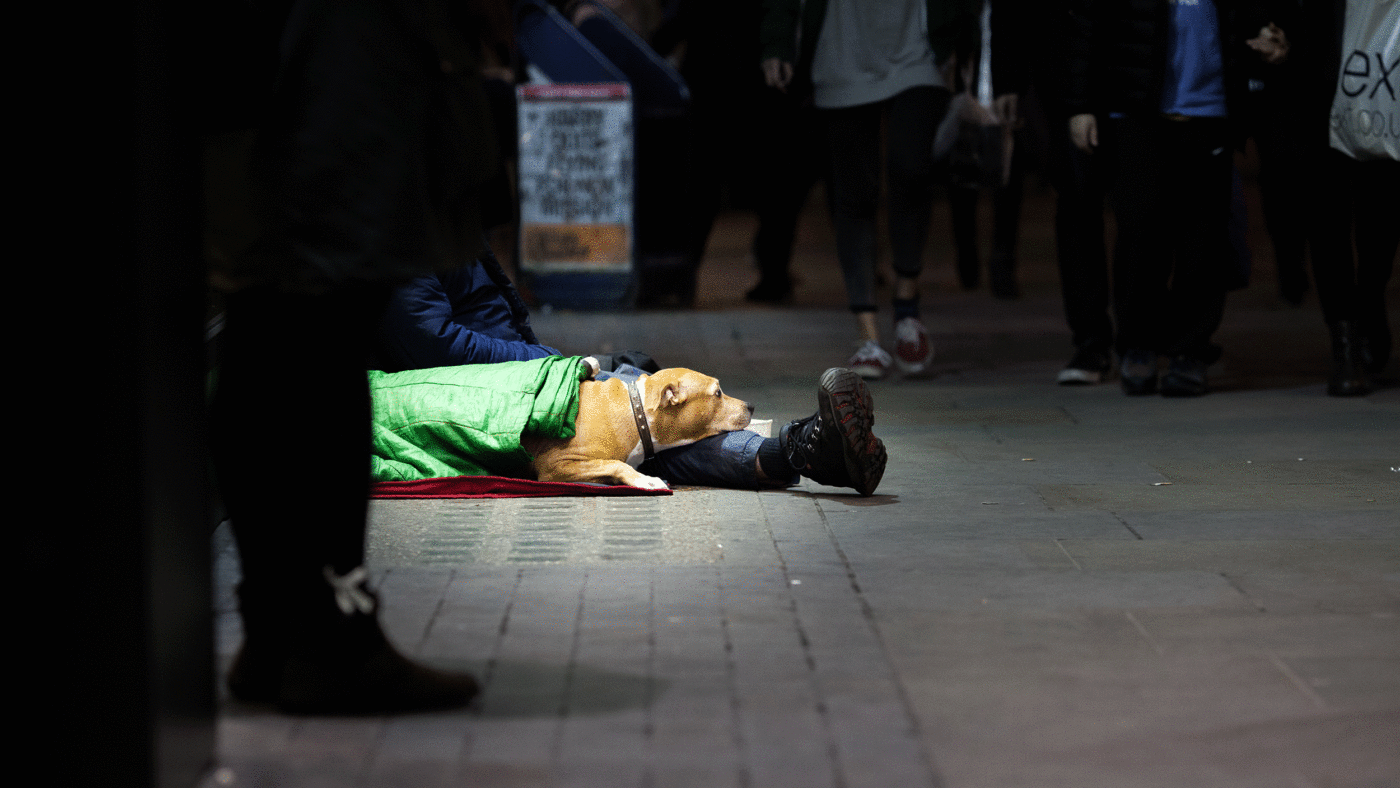Homelessness is complicated. Every case is unique and too often people end up in a cycle of sofa surfing and rough sleeping, and don’t get the help they need to address the underlying causes of their homelessness. So the solutions are complicated too.
Housing First is one such solution – complex, yes; expensive too. However, this evidence-based approach has successfully supported homeless people with high needs and histories of entrenched or repeat homelessness to live in their own homes.
As the name suggests, it provides housing ‘first’, as a matter of right, rather than ‘last’ or as a reward – it is not only successful in ending the cycle of homelessness, but it is also, I believe, a moral and humane approach to tackling homelessness.
Set up in 2016, the methodology has been widely adopted across the US, is central to the national homelessness strategies in Canada, Denmark, Finland and France, and is growing in popularity in countries including Italy, Sweden, Spain and – I’m happy to say – increasingly in the UK too. Housing First pilots are currently operating in Newcastle, London, the Midlands, Greater Manchester, on the South Coast and in Wales and Scotland with great success, providing a stable, independent home and intensive personalised support for homeless people with multiple and complex needs.
Currently, there are no conditions around ‘housing readiness’ before providing someone with a home – rather, secure housing is viewed as a stable platform from which other issues can be addressed.
Unlike other approaches, people are not required to engage with treatment such as drug and alcohol services in order to get a roof over their head. Instead they receive dedicated support as they settle into stable housing, easing the journey out of dependency.
This is a holistic, open-ended methodology, and the support provided has been shown to improve outcomes across a range of health and social care needs, as well as reducing anti-social and criminal behaviour and decreasing ineffective service use. This means that while Housing First may be expensive, the long-term outcomes may reduce the overall cost. The policy is a win-win in that regard. As a result, some providers have been able to secure funding from statutory sources such as Clinical Commissioning Groups, Police and Crime Commissioners, and Public Health – an approach I would like to see used more.
Although the current number of people supported by Housing First is low, the demand is far outstripping the supply, even where these services already exist. Strict local rules on who can be given social housing, and concerns around anti-social behaviour, make it difficult to secure properties – but the perverse consequence of this is that those same problems are more likely to persist and become entrenched.
Currently, Housing First projects are mainly funded through housing-related support and local authority local grants. However, the housing-related support funding has been reduced in recent years.
If the Government wants to achieve its aim of ending rough sleeping by 2024, I believe the roll out for Housing First across the UK and its proper funding could be a key part of that success.
While there has clearly been a great deal of success in the Housing First pilots, much more work needs to be done. It is my hope that once the results of the Housing First pilots have been presented, further schemes will be established – and help end homelessness once and for all.
Click here to subscribe to our daily briefing – the best pieces from CapX and across the web.
CapX depends on the generosity of its readers. If you value what we do, please consider making a donation.


